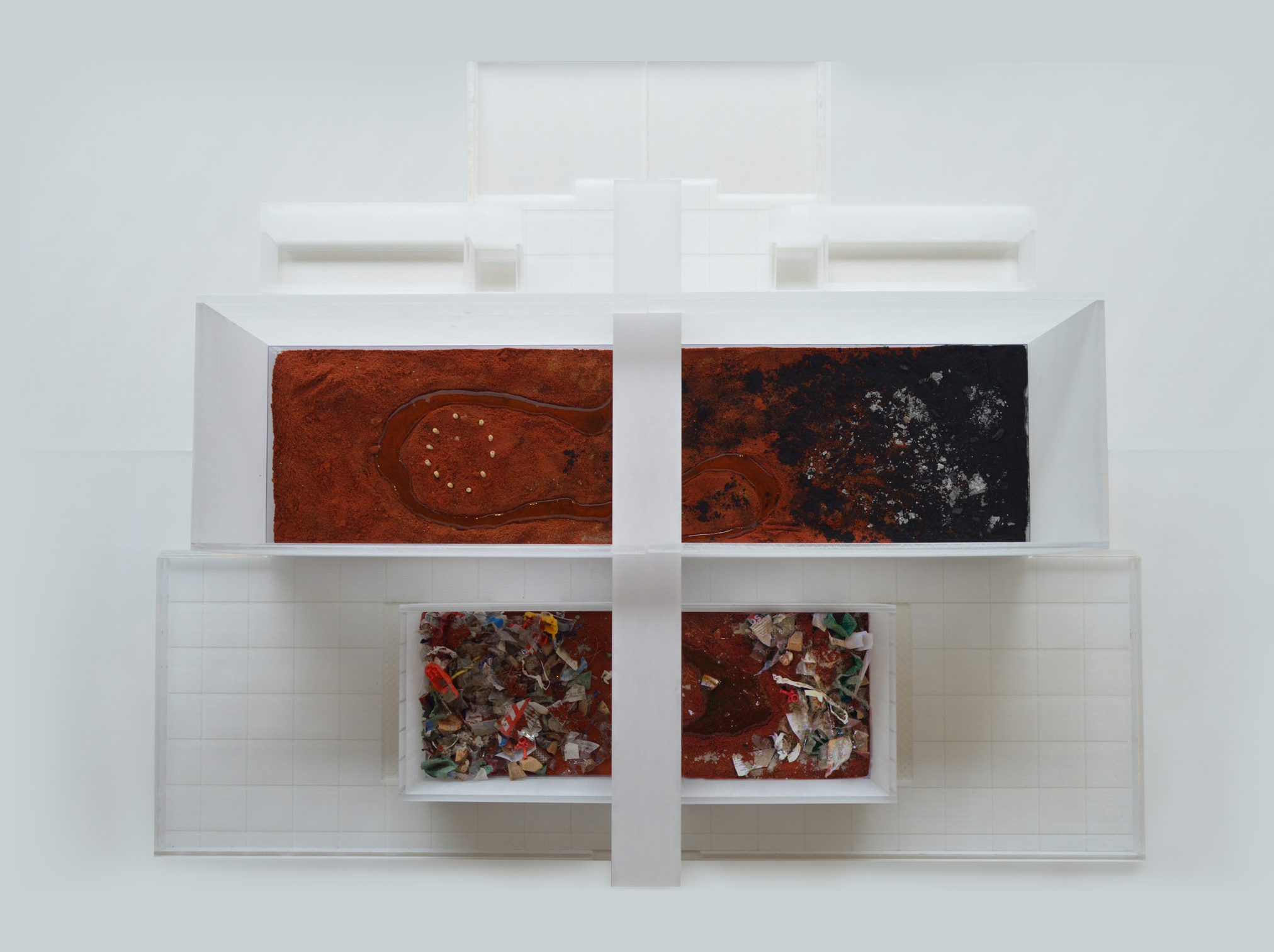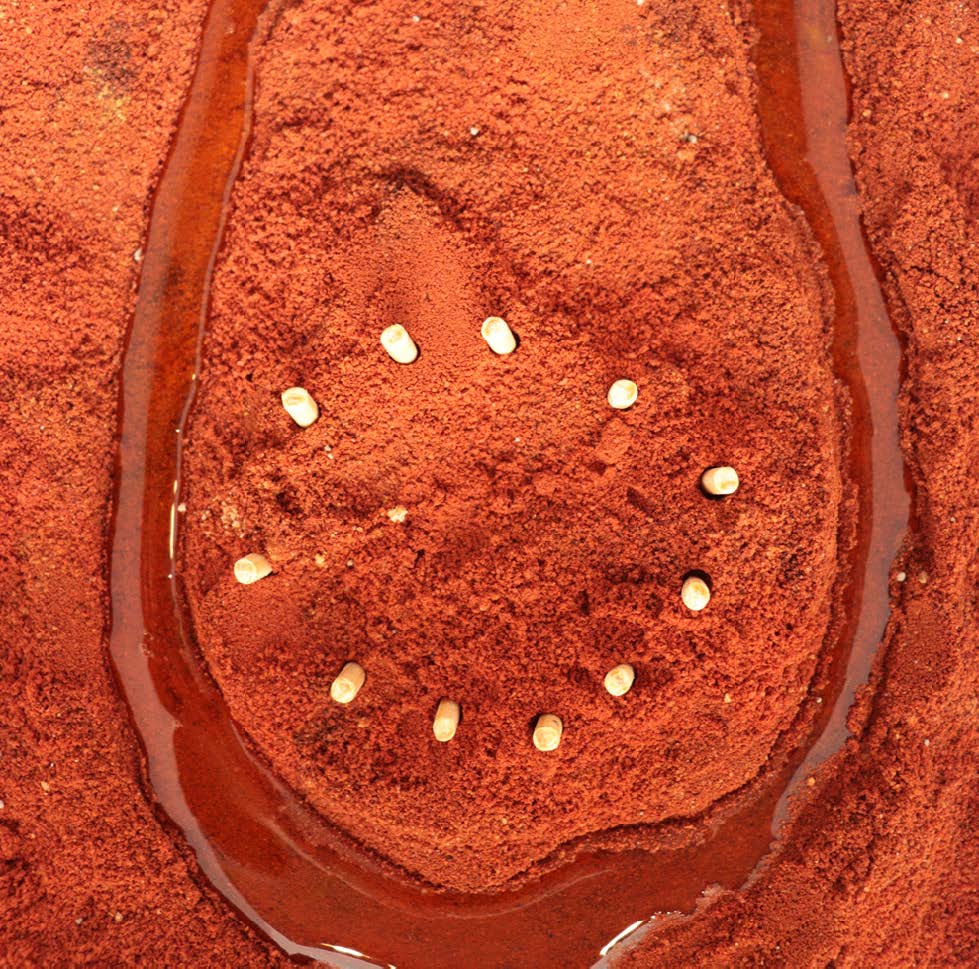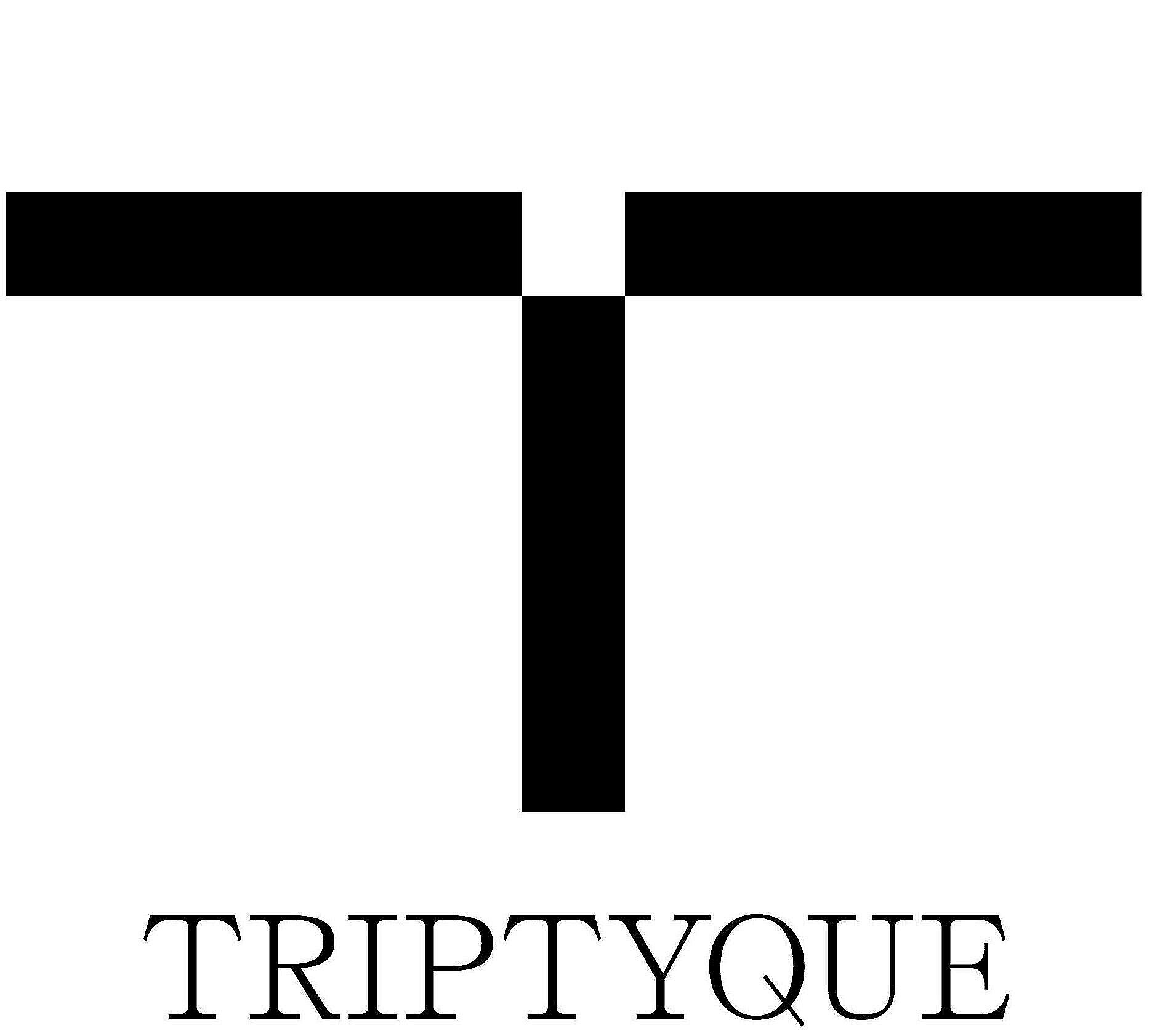
Dear Antonio Lessa,
At a time when the Venice Architecture Biennale is calling for THE LABORATORY OF THE FUTURE – the theme proposed by curator Lesley Lokko for the 2023 edition –, we believe that the Brazilian participation in the event becomes extremely important, not to say essential.
Brazil, a country inhabited by ethnic groups with different views of the world, is currently experiencing a strong intellectual movement born from historically marginalised populations.
Indigenous, Afro-diasporic, LGBTQIA+ feminists thinkers, among others, lead debates on the model of society that the Western world has created and propose other perspectives on urgent issues that go against the grain of the hegemonic culture and that call into question this model which is today perceived as unsustainable. Our country accumulates an important and rare experience and produces ideas aligned with the discussion that is now the theme of a Biennial.
In a time of ecological urgency, in which the search for a vision of greater connection with the Earth is fundamental, the event calls for a new relationship with the planet. Beyond the classic division between nature and culture and from perspectives outside the Eurocentric model currently in force in the construction field, proposals from architects and urban planners from all over the world are expected at the Venice Biennale.
We would like, through this letter, to formalise our application for the exhibition to be presented at the Brazilian Pavilion in 2023, with the help of a heterogeneous group – with indigenous, Afro-Brazilian and Euro-Brazilian members – of professionals linked to architecture and urbanism – some with practice, others with curatorship, academic and content production.
For many years we have been reflecting, debating and researching questions related to the Biennale’s theme. Our interests and intellectual and/or artistic productions incorporate themes such as the relevance and role of architecture in the future – considering that the act of building is, for the most part, antienvironmental –, the need for a new pact between construction and nature and the importance of considering diverse world experiences in the development of new environmentally focused collective imagination.
Our proposal is based on the certainty that it is necessary to collectively rethink the ways of designing and building our spaces, paying special attention to the voices of those who do not have a one-way relationship with Earth, but of belonging: the Brazilian indigenous peoples and the Afro-Brazilian populations, among other minority movements. Contemplating these experiences that have long been silenced to then carry out, in an effectively democratic way, the urgent transformation in our way of inhabiting the planet and of being an architect.
OUR PROPOSAL
Starting from the invitation to create a laboratory of the future, we understand our project as a living entity. Our goal is to reach the end of the event having outlined new guidelines for architecture, to be presented in a publication that can be shared – a book and/or a hotsite.
Our methodology involves carrying out an extensive program of activities (immersive experiences, debates, rituals, workshops) that over the six months of the event will make it possible to collectively weave the outcomes of the issues established at the start. The idea is to ensure not only the involvement of the Biennale participants in the discussions, but also to enable the participation of different groups in Brazil, through the use of online tools, in order to integrate the event itself into the country and show the world how multicultural Brazil is.
Initially, we listed six themes – one for each month of the event – to inspire the meetings and debates. We imagined opening each stage of the program with a small ritual (the raising of different flags and ‘baptizing’ the exhibition floor with handfuls of soil brought from different regions of Brazil). The questions/themes would be:
1.1 Is the earth a living being?
1.2 Is the architect a hero?
1.3 Is the Modern in ruins?
1.4 Is architecture dispensable?
1.5 Can architecture create other worlds?
1.6 Can we design with the non-human?
We understand that this proposal calls for the creation of a scenography capable of being a sensitive experience when hosting meetings.

SCENOGRAPHY
We imagine occupying the pavilion with a topography composed of organic shapes, in contrast to the modernist straight lines of the original architecture, creating a route in which the soil – the earth, an element with which we urgently need to reconnect – welcomes us in its current state, dirty, and appears less and less polluted as we go, until we reach clean soil, where a large circle – a shape that appears in most cultures in human history – symbolises (and promotes) the meetings and debates to to be carried out there.
Smells and sounds accompany us along the way (smell and noise of forest fires at the starting point; birds and the sound of rain at the end, for example) and a reflecting pool meanders through the pavilion in reference to the myth of the cosmic serpent – an animal capable of transforming itself several times -, present in the diverse traditions of the indigenous peoples.
The sky, symbolised by the pavilion’s inverted concrete beam, is covered by a colourful painting that combines indigenous drawings with prehistoric paintings and modern graffiti. We see this beam, as well as the water course, as allegories of the fertilisation of the earth in this great uterus that the original architecture of the Brazilian Pavilion seems to embody.
With this proposal, we sought to occupy the pavilion, making it not only a stage, but also a protagonist in the call to reflection to which the Biennale is inviting us.
We make ourselves available for more information and look forward to the opportunity to present our project to you in more detail.
Yours sincerely,
FRANCY BANIWA
Doctoral student in social anthropology at UFRJ and an indigenous leader, she is the first indigenous consultant in her region, the Alto Rio Negro, at UNESCO; she was coordinator of the indigenous women’s department at FOIRN (Federation of Indigenous Organizations of the Rio Negro) and president of AMIBI (Association of Indigenous Women of the Lower Içana).
ESTER CARRO
Architect and urban activist, creator of the Fazendinhando movement, a social urbanism project that transformed an old garbage dump in the Paraisópolis complex, in São Paulo, into a park that hosts events and courses. Master in Design, Production and Management of Urban Space, professor and researcher at the Nucleus of Women and Territory of the Cities Laboratory (Arq. Futuro and Insper) and fellowship at Avenues São Paulo.
IAZANA GUIZZO
Architect and urban planner, professor at the design department at the Faculty of Architecture and Urbanism at UFRJ. Founding partner of the studio “Terceira Margem, Arquitetura e singularidades”, and of the participatory and sensorial method of the same name, which focus on the reconnection to Earth when designing and building. Author of the book “Reativar Territórios: o corpo e o afeto na questão do projeto participativo”.
OLIVIER RAFFAELLI and GUI SIBAUD
Architects and urban planners, founding partners of the Franco-Brazilian architecture agency TRIPTYQUE, which since 2000 has participated in exhibitions and conferences at some of the most relevant cultural institutions in the world (such as the Guggenheim Museum in New York and the Center Georges Pompidou in Paris), in addition to developing partnerships with important names in architecture and urbanism (Paulo Mendes da Rocha, Jean Nouvel, Alejandro Aracena, among others) and authoring projects of different vocations and scales in countless countries. Both are co-creators of the Acadêmicos do Baixo Augusta carnival block and professors at the École Speciale d’Architecture, in Paris.
FERNANDO SERAPIÃO
Architecture critic and curator, he is the editor of the magazine “Monolito” and has hundreds of articles published in journals in Brazil and abroad, in countries such as Spain, Italy and China.
SANDRA SOARES
Journalist and psychoanalyst, co-founder of the largest carnival “block” in São Paulo, Acadêmicos do Baixo Augusta, which since 2009 occupies the streets with culture and art and fights for a more humane, diverse and democratic city; co-creator of the project “Let’s Talk About Mourning?”, which fights against the taboo surrounding grief.
